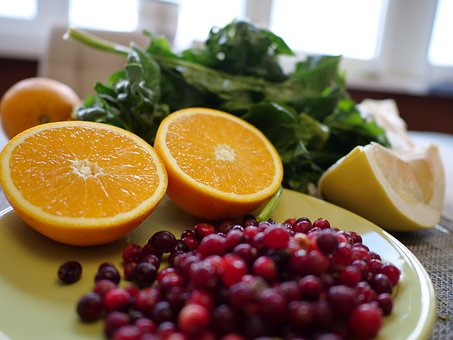Welcome to this series of articles about Senior Well being. As we grow older, there are many things we can do to ensure that “Golden Years” are indeed golden.
Studies show that by remaining energetic you can sustain both your physical and mental health. If you continue with the activities you like doing, it will help prolong your health. Maintaining your strength helps you keep your independence.
Activity doesn’t just mean joining a work out class. Walking, jogging and doing household work counts as an activity too.
Energy
As you age, the requirement for energy declines, especially if physical activity is limited. But the need for minerals, vitamins and protein remains the same. It’s very important that your food choices are nutritionally dense. This means you still need to eat a good range of foods to get all the minerals and vitamins you need, but with less calories.
Fat
It is strongly recommended to control your intake of fats, especially cutting saturated fat to enhance the health of the heart. Above the age of 75, limiting fat is less likely to be helpful. It isn’t suitable if the person is weak, has experienced weight loss or has little appetite. In fact, in these conditions extra fat may be used to raise the calories in meals and snacks to help weight gain.
Fiber
Old people experience bowel and constipation problems mostly due to reduced stomach inactivity. To reduce this, try consuming foods, fruit and vegetables which contain high fibers. Bran and too much high fiber foods is not the solution. To help your stomach work appropriately, drink plenty of water, around eight glasses per day.
Fluid
Dehydration makes people tired or perplexed. It is vital to drink, even if you have to go to the toilet more often. The danger of dehydration can be higher in older people because your kidney doesn’t do the job as capably as for younger people. Older people are also not as responsive to the sense of thirst. It is better to drink water more, but you can drink fresh juices, tea and coffee.
Sugar
Fit and strong older people should limit the intake of drinks and foods which are high in sugar. It can damage dental health and contribute to weight increase.
Iron
Anemia is widespread in older adults. Poor intake of iron, due to changes in the gastrointestinal area, blood loss and the use of medicine – together with a reduced dietary ingestion – may be underlying factors. Make sure your intake of iron is adequate by consuming red meat and foods from non-meat resources every day.
Zinc
Zinc is important for your health and to support the healing of wounds, including pressure ulcers. Good sources of Zinc include meat, shellfish and whole meal bread.
Calcium and vitamin D
If enough vitamin D and calcium is taken in, it should slow the pace of calcium loss from bones. This begins at the age of 30 and speeds up significantly in later years. Foods which are rich in Calcium, including dairy products, should be taken daily.
Vitamin D comes frequently from exposing skin to direct sunlight, although some foods like breakfast cereals, fish and fortified spreads contain it. As you get older it’s wise to take a vitamin D tablet, because your body cannot get the desired amount from the diet and weather in some parts of the world.
Vitamin C
You may have a low vitamin C if you do not consume fruits and vegetables. This may be since crisp fruit and vegetables are often avoided if your teeth are in poor condition.

Foods you should eat
To meet your dietary needs, aim to eat a mixed diet including usual meals and snacks, and drink enough fluid.
Sometimes older people can no longer eat as much food at one sitting. Including nourishing snacks in between meals improves nutrient intake.
Ideas for quick and nutritious snacks:
- Cheese, Peanut butter, bacon or meat sandwiches. Use different breads and add vegetables.
- Toast with sardines, ravioli, cheese, spaghetti and cooked eggs.
- Fruit cake, biscuits or crackers with cheese, teacakes, yogurt, fruit, soup, toasted muffins, and breakfast cereals.
If it’s hard to get to the stores, keep some essential foods in your cupboard:
- Milk
- Canned Meat and fish
- Fruit and vegetables: a selection of packed or frozen fruits and vegetables. Fruit juices are also good.
- Cereals, crackers, crisp bread, oats, rice and biscuits
- Other: stock cubes, soups, jam, gravy, pickles, honey and sauces
By including the above foods into your diet, you can easily maintain your health as you enter your senior years. There is absolutely no need to become old and frail too early!

For more blogs please go to www.NicksDigitalSolutions.com and choose Nicks blog.
For E-Learning material, please go to www.NicksDigitalSolutions.com and choose E-Learning Shop and, in particular, the Seniors or Pathways to Success options.
Nick Thorne is the founder of NicksDigitalSolutions Limited a company that specialises in Education, Training and Writing. He lives in Levin, New Zealand.
